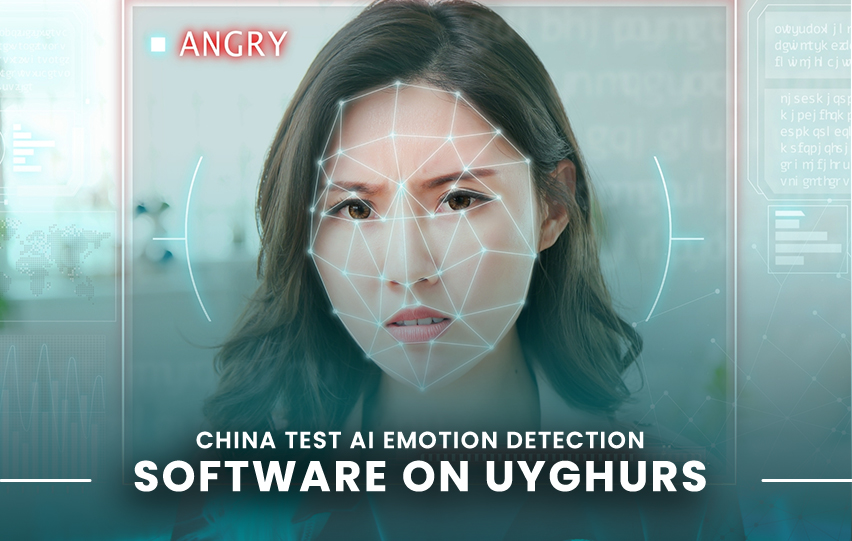According to reports, a camera system with facial recognition AI that detects emotional states has been tested on Uyghurs in Xinjiang.
Speaking anonymously, a software engineer told the BBC in a Panorama program called "Are You Scared Yet, Human?" that "The Chinese government use Uyghurs as test subjects for various experiments just like rats are used in laboratories.”
He revealed how he was assigned to install surveillance at Xinjiang police stations. “We placed the emotion detection camera three metres from the subject. It is similar to a lie detector but far more advanced technology,” he said.

He added that the AI system creates pie charts to show the results. In a real-life example, the majority of people strongly exhibited a ‘red zone,' indicating that they were terrified or nervous.
Scientists argue on whether AI can accurately detect human emotions. Recent researches show that human emotions are misread by AI, so this isn't promising. Sophie Richardson, Human Rights Watch Director in China, referred to the evidence as “shocking.”
"It’s not just that people are being reduced to a pie chart, it’s people who are in highly coercive circumstances, under enormous pressure, being understandably nervous and that's taken as an indication of guilt, and I think that’s deeply problematic," Richardson said.
Darren Byler of the University of Colorado said, “Uyghur life is now about generating data.” He claims that getting digitals scans, giving DNA samples to local authorities, and downloading a government mobile app that collects data such as texts and contact lists are required regularly.
“Everyone knows that the smartphone is something you have to carry with you, and if you don't carry it you can be detained, they know that you're being tracked by it. And they feel like there's no escape,” Byler added.
There are 12 million Uyghurs, mostly Muslims, who reside in Xinjiang. The place has "re-education centers," which have been called "modern-day concentration camps," and are home to more than a million people. Recently, a survivor from the camp reported having witnessed beatings, torture, and rapes.
Some people have been silenced when they spoke up against China’s alleged human rights violations. In 2019, a teenage TikTok user was blocked by the app after publicly criticizing the government, only to be restored later.
The Embassy of China in London did not comment on the BBC's assertions. But, it stated that ethnic groups were granted social and political rights.
















